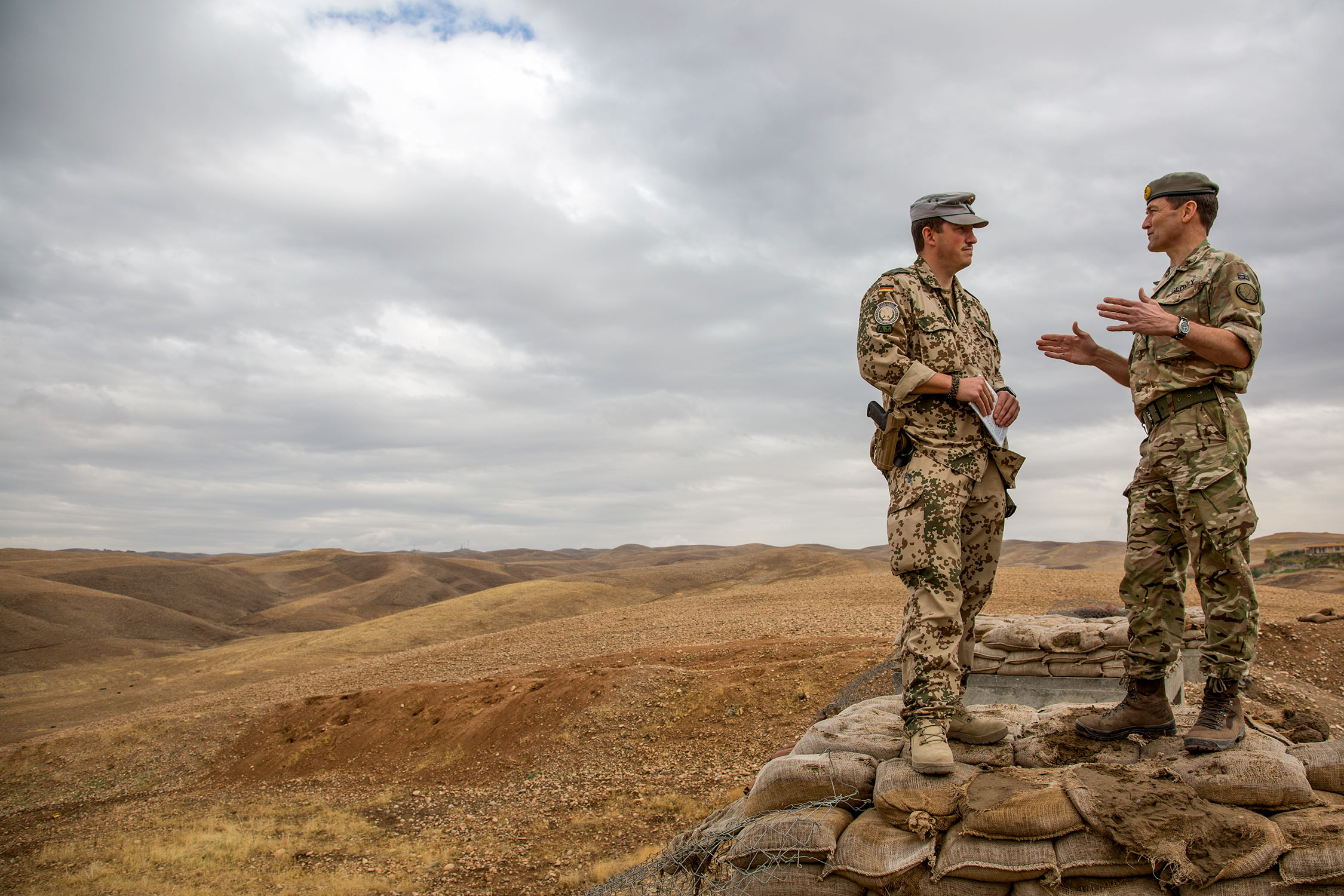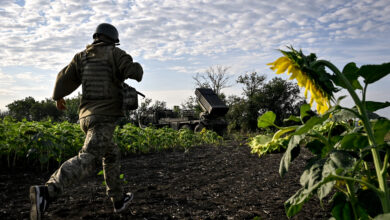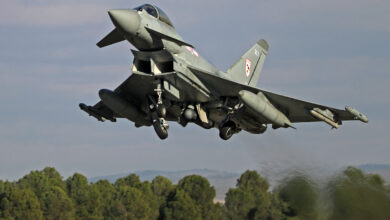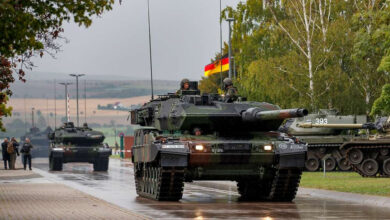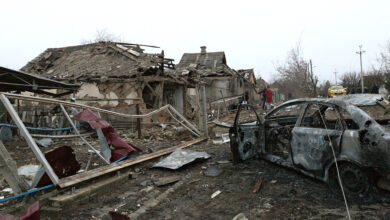German coalition government divided over call for international Syria border security mission
German Chancellor Angela Merkel’s coalition government was sharply divided Tuesday, October 22 after defense minister Annegret Kramp-Karrenbauer’s surprise call for international troops to secure northeast Syria.
The initiative had provoked “a certain degree of irritation” among Germany’s NATO allies, foreign minister Heiko Maas said.
Maas represents the junior, center-left coalition partners the SPD, while Kramp-Karrenbauer is leader of the Merkel’s conservative CDU party.
Turkey’s military intervention in northeast Syria, as well as Russia’s backing for the Damascus regime, mean “there are high hurdles for any internationalization of the solution to the conflict,” Maas said.
For now, Berlin “has engaged with efforts to resolve the conflict” with “diplomatic and humanitarian” means, he added.
There had been “no discussion” of an international mission to northeast Syria with Germany’s allies, Maas said, recalling also the failure of a similar plan for northwestern Syrian region Aleppo in late 2016.
Kramp-Karrenbauer said on Monday that a “security zone” could allow international forces, including European troops, to “resume the fight against terror and against the Islamic State” as well as “stabilize the region so that rebuilding civilian life is once again possible.”
She added that she had already floated her proposal to the French, U.K. and U.S. defense ministers and would discuss it further at a meeting of the NATO alliance in Brussels on Thursday and Friday.
But Mass on Tuesday said there were “some questions from our allies” following Kramp-Karrenbauer’s call and no discussion among Germany’s NATO partners about creating such a security zone, Reuters reported.
The defense minister is keen to involve Bundeswehr soldiers, although a rare foreign deployment would have to be in line with international law and secure approval from parliament.
Europe and Germany must “come up with our own recommendations and initiate discussions,” rather than being “simply … an onlooker,” Kramp-Karrenbauer said.
NATO-member Turkey launched Operation Peace Spring on October 9 after U.S. President Donald Trump said he would withdraw the majority of U.S. troops from northeast Syria.
Turkey’s armed forces and Syrian rebel groups operating under the banner of the Syrian National Army aim to push the Syrian Democratic Forces and its predominantly-Kurdish People’s Protection Units (YPG) south in order to occupy a 30-km-wide buffer zone along the border.
Backed by the U.S.-led Coalition, the SDF fought the ground war against ISIS in north and east Syria. Turkey considers the YPG, the backbone of the multi-ethnic SDF, to be a terrorist organization inextricably linked to the Kurdistan Workers Party (PKK), which has waged a decades-long insurgency in Turkey.
On Sunday, Maas said the German government does not consider “an attack on Kurdish units or Kurdish militia is legitimate under international law.”
The SDF pulled back from the border town of Ras al-Ayn on Sunday during a 120-hour ceasefire brokered by Vice President Mike Pence during a visit to Ankara.
Turkish forces were hours away from the end of the ceasefire when President Recep Tayyip Erdogan traveled to Russia for talks on Syria with President Vladimir Putin, a crucial ally of Syria’s President Bashar al-Assad. The SDF has already signed up to a military agreement with the Syrian regime and Russia in a bid to push Turkey-backed rebels out of northeast Syria.
With reporting from AFP

